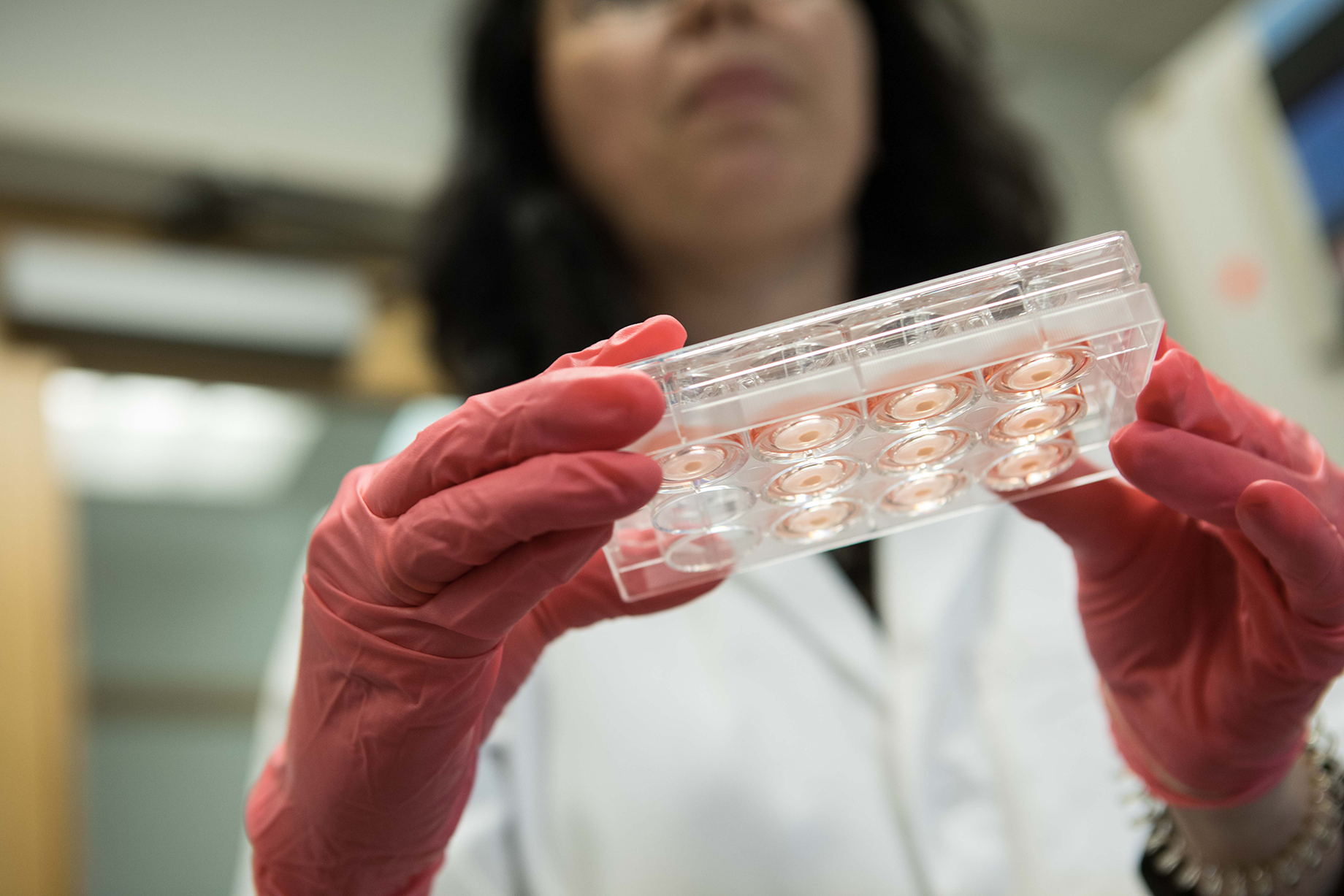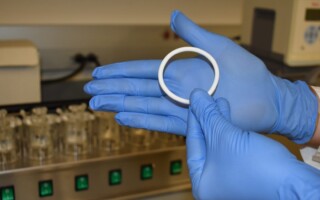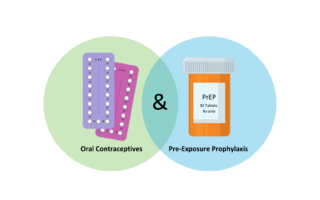
The Population Council has been a leader in research on and development of microbicides since the 1990s. Today, we are developing user-controlled prevention methods that protect against HIV and other sexually transmitted infections (STIs) that can increase susceptibility to HIV.
Current HIV prevention methods include abstinence, condoms, and pre- and post-exposure prophylaxis with antiretrovirals (ARVs) like Truvada®, which are also used to treat HIV. There is some concern that the use of ARV-based products for HIV prevention could foster the development or spread of drug-resistant strains of the virus that would compromise subsequent ARV treatment.
Use of ARVs for HIV prevention requires HIV screening before and during use, which may pose a barrier to access in low-resource/high-demand settings.
The Council was awarded a cooperative agreement from PEPFAR, and administered by USAID, to investigate griffithsin (GRFT) as a vaginal microbicide. GRFT is a naturally occurring protein isolated from algae that has potent activity against HIV and other STIs. GRFT for drug development is produced in tobacco plants, and initial pre-clinical testing has shown it to be safe and non-irritating in vitro (in cells and tissue) and in vivo (in animals).
Results from the first in-human clinical trial of griffithsin and carrageenan in a gel formulation find it to be safe for vaginal use for up to 14 days with potent anti-HIV activity in cell-based assays and cervical explants up to eight hours after receiving the dose. Results from these studies inform the development of other delivery systems for GRFT, including fast-dissolving inserts and intravaginal rings to provide on-demand and sustained protection. Additional delivery systems may be developed in the future.
Data from PATH and the Population Council suggest the potential of formulating griffithsin as a fast-dissolving insert that a woman could administer at the time of sex to prevent three incurable sexually transmitted infections: HIV, herpes simplex virus (HSV-2), and human papilloma virus (HPV). Multipurpose products that prevent sexually transmitted infections, including HIV, would make vital contributions to global public health.




